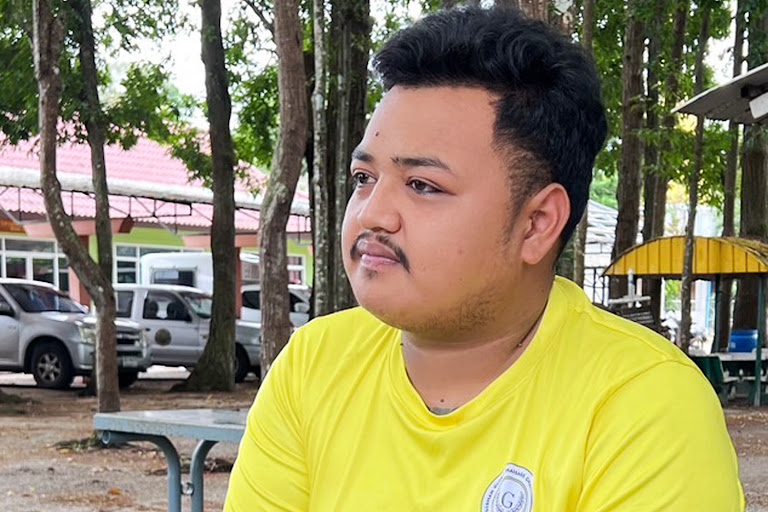Phuris Saitong Sues, Says Thailand Jail Sentence Was Unjust
Despite alibis and CCTV, Phuris Saitong was jailed, leading him to sue, demanding justice and accountability.

Phuris Saitong spent five nights in a Thai jail for a crime he demonstrably didn’t commit. This isn’t just a personal tragedy; it’s a window into the fragility of justice systems everywhere, and the human cost of their failures. Saitong’s story, as detailed in this recent Bangkok Post report, raises uncomfortable questions about process, prejudice, and the power dynamics that shape the pursuit of justice.
The facts of the case, as presented, are stark. A shooting leaves two injured. Police arrest Saitong, a 23-year-old man who, according to CCTV footage and family testimony, was demonstrably elsewhere. He’s over six feet tall and weighs over 280 pounds. The shooter on camera? Significantly smaller. This wasn’t a case of mistaken identity; this was something else entirely.
What happened here isn’t a simple error. It’s a systemic failure compounded by individual choices. Consider the elements at play:
- The police seemingly disregarded clear exculpatory evidence, including CCTV footage and corroborated alibis.
- Saitong alleges coercion during interrogation, a troublingly common feature of wrongful conviction cases.
- The family’s persistent advocacy, including securing the CCTV footage themselves, was ultimately crucial to Saitong’s release, highlighting the burden placed on individuals to prove their own innocence.
- The eventual acknowledgment of error by police and the subsequent release feel less like a triumph of justice and more like a begrudging correction of a preventable mistake.
It’s tempting to frame this as an isolated incident, a glitch in an otherwise well-functioning system. But that narrative ignores deeper, more uncomfortable truths about how justice is often administered. We have to ask: what led police to arrest Saitong in the first place? Was it simply sloppy police work? Or did something else—unconscious bias, pressure to close a case quickly, or something even more sinister—play a role? These questions are rarely easy to answer definitively, but they are essential to ask if we want to prevent future injustices.
The true measure of a justice system isn’t its ability to punish the guilty, but its capacity to protect the innocent. When systems fail in that fundamental task, they erode the very foundations of trust and legitimacy they are meant to uphold.
The financial and emotional toll on Saitong and his family is immense. His uncle had to stop working for a week to advocate for his nephew’s release. They’ve incurred significant expenses. And what about the intangible costs? The fear, the anxiety, the stain of a criminal record for a crime he didn’t commit. These wounds can last a lifetime. Saitong’s decision to sue is not just about personal redress; it’s a necessary step in holding the system accountable and, hopefully, pushing for reforms that will prevent others from enduring similar ordeals. His case is a stark reminder that justice delayed is justice denied, and sometimes, even justice “served” can be a profound injustice.









